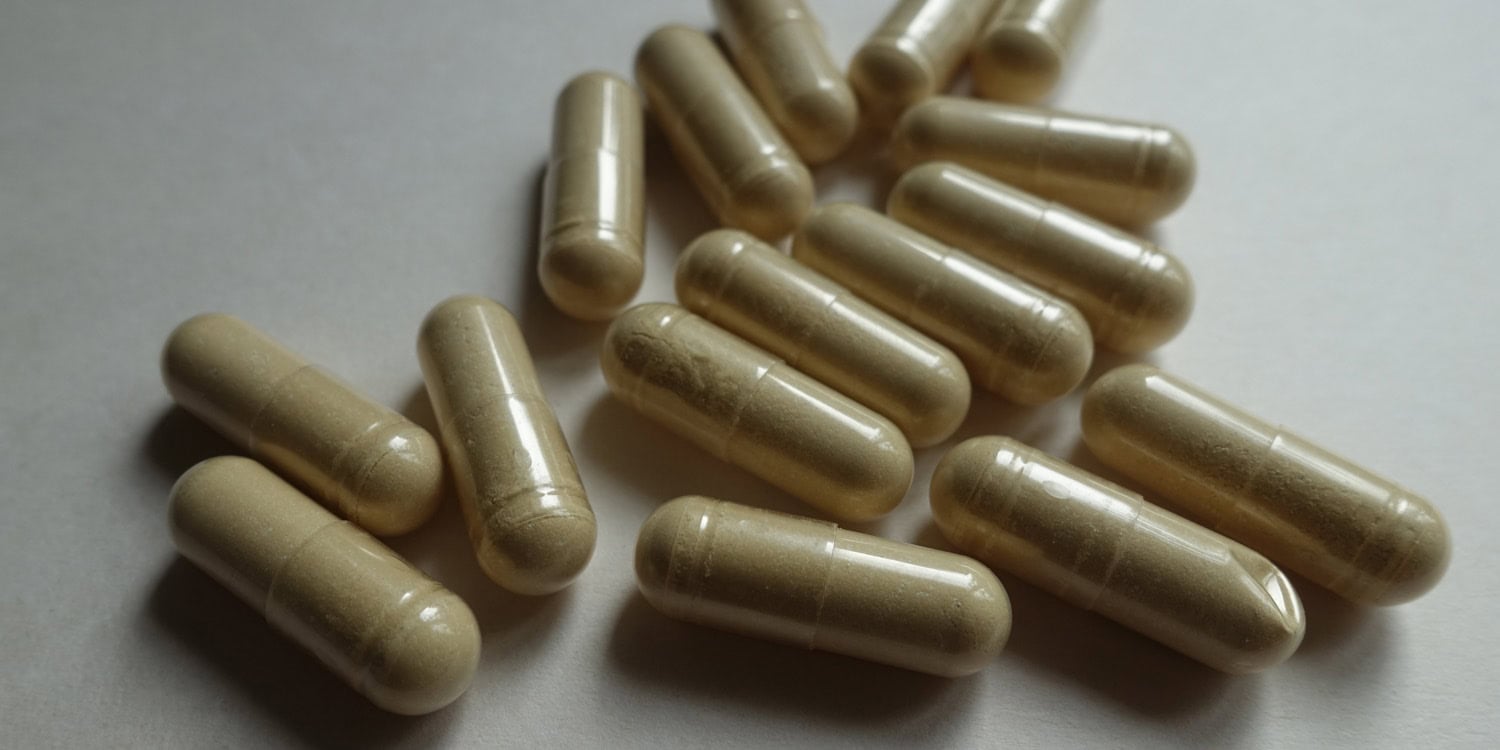When Is the Best Time to Take Apple Cider Vinegar for Weight Loss?
:max_bytes(150000):strip_icc()/GettyImages-2003516733-260b2a8097d74c5f9c2b4a45670bc511.jpg)
Apple cider vinegar (ACV) is made by fermenting apples, sugar, and yeast. Commonly used to preserve or flavor foods, ACV is also touted for many proposed health benefits, from viruses to cancer. ACV’s components include acetic acid, vitamins, minerals, and anti-inflammatory flavonoids.
ACV is popular for weight management, but a consensus is lacking on how to optimize ACV’s metabolism benefits. Evidence is sparse, but taking it in the morning or before meals may be slightly more optimal.
Is There a Best Time to Take Apple Cider Vinegar?
The best time of day to take ACV can vary based on your goals, such as weight loss, improved digestion, balancing blood sugar levels, or something else.
Clinical trials of ACV are limited, so directly comparing the effects of supplementing at different times of the day is challenging. That said, here are the ways ACV has been studied in humans.
In the Morning
Morning may be an optimal time to take apple cider vinegar. In this clinical trial in people who were overweight or obese, taking up to one tablespoon of ACV for four to 12 weeks each morning decreased the following measurements:
- Blood sugar
- BMI
- Body weight
- Hip circumference
- Total cholesterol
- Triglycerides
- Waist circumference
After 12 weeks of ACV supplementation, the participants lost an average of 6 to 8 kilograms (13 to 17 pounds). Their BMIs also decreased by up to 3 points.
However, more research is needed to confirm these results before a firm recommendation may be made.
Before Meals
A few small clinical trials show that taking ACV before meals may reduce your appetite, help you feel full faster, and regulate blood sugar after eating.
Of note, these studies were small and done in specific groups of people. For instance, one trial showed that ACV slowed stomach emptying in 10 people with type 1 diabetes. Another concluded that ACV reduced appetite and increased weight loss in 39 people who were overweight.
Because these clinical trials were so small, more research is needed to determine if ACV’s effects are similar in other populations.
Before Bed
While there’s some evidence that taking vinegar at bedtime can help lower fasting blood sugar in people with type 2 diabetes, this isn’t specific to ACV.
There is no research that suggests taking ACV before bed, especially if you don’t have diabetes.
Benefits of ACV for Females
More data is needed on the effects of ACV for females, but very limited evidence suggests it benefited the following:
Consult your healthcare provider before self-treating these conditions, as your health can deteriorate if they are not appropriately managed.
How to Take
ACV is a cost-effective option if you’re looking for a supplement with digestive health benefits. It can be used as a salad dressing or marinade, alone or mixed with olive oil, or as a simple addition to a meal.
And if you cannot stomach the bitterness of ACV, it’s also available in a variety of dietary supplement forms that make it more palatable and convenient. These include tablets, capsules, gummies, and powder.
Directions for using these products vary, so follow the manufacturer’s guidelines for your specific product.
Dilution
Keep in mind that it’s not recommended to drink ACV by itself. Ideally, it should be diluted (watered down) in eight ounces of water to minimize the acidity and lower the risk of side effects.
Choosing a Dietary Supplement
In the United States, the Food and Drug Administration (FDA) does not regulate dietary supplements the way it regulates prescription medications. As a result, some supplement products may not contain the ingredients listed on the label. When choosing a supplement, look for products independently tested or certified by organizations such as NSF, U.S. Pharmacopeia (USP), or ConsumerLab.com. For personalized guidance, consult your healthcare provider, a registered dietitian nutritionist (RD or RDN), or a pharmacist.
Recommended Dosages
A typical daily dosage of ACV is 15 milliliters (mL) or one tablespoonful.
For best digestion and weight management results, supplement for at least eight weeks.
Potential Side Effects and Precautions
Like all dietary supplements, ACV may cause side effects or involve risks for specific populations.
Side effects of ACV are rare but may include:
ACV can be processed to destroy bacteria (pasteurized) or unpasteurized. Pasteurized products are typically safe for most people. However, many unpasteurized ACV products state on their labels that they contain what’s known as “the mother,” a combination of bacteria and yeast.
Some types of bacteria and yeast in unpasteurized ACV products may be dangerous for the following groups:
- Children
- Individuals with weakened immune systems, such as those with cancer or human immunodeficiency virus (HIV)
- Older adults
- Pregnant women
Because ACV may lower blood sugar, keep an eye on yours if you are taking other diabetes medications or are prone to hypoglycemia (low blood sugar).
Read labels carefully, as some combination products contain ACV plus other herbal supplements, prebiotics, or probiotics. Discuss with your healthcare provider to ensure that all the ingredients are safe choices for you.
Summary
ACV is a vinegar from apples that may help you control blood sugar and lose weight.
Apple cider vinegar (ACV), made from fermented apples, may help with blood sugar management. However, the evidence is limited. A typical dose is one tablespoon daily. It may cause side effects (e.g., stomach pain and tooth erosion). Speak with your healthcare provider before adding it to your daily regimen.
link




